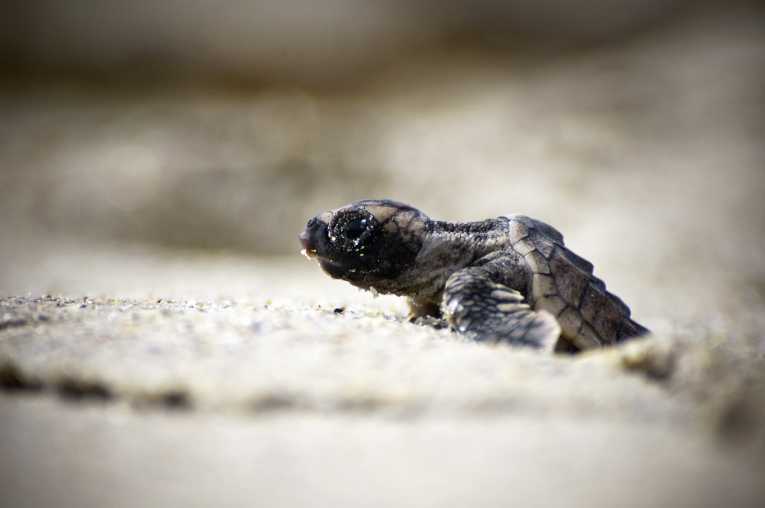It's official; the more intelligent you are, the less likely you are to succeed from a procreative point-of-view. Researchers at Bristol and Exeter Universities have discovered that those children who unquestioningly duplicate the behaviour of their parents are more likely to develop their genetic lineage than those who don't.
What does this mean for the clever clogs amongst us? It means that mindless survival strategies (those which do not involve strategic analysis or evaluation) are just as likely - if not more - to promote your likelihood of survival and general wellbeing as those which involve an intelligent assessment of information to influence key lifestyle decisions.
The study, which was published in the Industry Journal 'Ecology Letters', showed that illogical survival instincts (such as the long-distance migration of animals who then return to breed at the very place in which they were first born), were more likely to result in survival than those which went against the biological grain.
The research team used mathematical modelling techniques to discover whether intelligent, data-influenced decision-making prevailed over choices based around the 'copying' of previous generations. Sasha Dall, of the Exeter Centre for Ecology and Conservation in Cornwall,said of the findings: ''From an individual perspective, sometimes sticking to what your parents did may seem a ridiculously stupid thing to do, especially when they can be out of touch with current events. However, it's a different story when you look at it from the perspective of your genes.''
Dr Dall went on to say that: ''What we actually found is, in certain circumstances, it can be a more effective method of ensuring long-term survival of your genes than more nuanced strategies. So, surprisingly, this kind of mindless strategy can actually be more effective than the more sophisticated alternative of adjusting to changes you detect in your environment.''
The findings support the 'Multiplier Effect' theory; a line of thinking which supports the simple idea that if an organism is well-adapted to its environment, it is naturally far more likely to succeed. With this in mind, it is easy to see how those who are well-adapted to survive will produce offspring who are equally well-suited to survive within that particular ecosystem.
We are all familiar with the concept of 'survival of the fittest'; the Bristol-based research team have shown that those best-adapted to survive in their environment are equally likely to produce well-adapted, survivalist children. Professor John McNamara of the School of Mathematics at Bristol University explained: ''The sheer fact you are alive is a big clue, because your parents must have got it right. If you follow their lead, you should get it right too.''
McNamara clarified his findings by saying: ''Using a mathematical model, we've shown this is more successful than the alternative approach of adjusting behaviour to current conditions when the environment changes a bit, but not too much, between generations, and where there is a choice of both good and bad places to be.''
Dr Dall said that the study explained recurring patterns of evolutionary biology, and shed new light on the relative success or failure of different species of animal; looks as if Mum and Dad were right after all!










